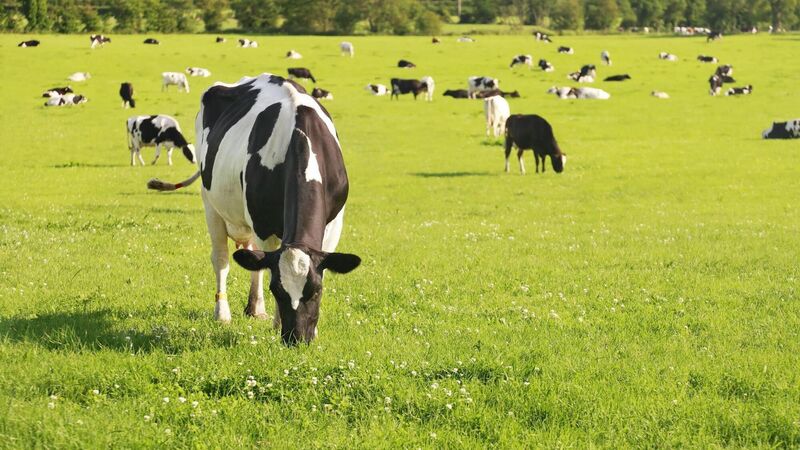Losing nitrates derogation could cost Irish dairy herds 27 cows each

Amid estimates losing the derogation would force the average Irish dairy farm to get rid of 27 cows (a 14% reduction in the Irish dairy herd), the 100% farmer-owned Tirlán co-op is at the front line of the battle to retain the nitrates derogation.
Dairy farmer Pat Deering says he will have to reduce his liquid milk herd of 120 cows to 100, if the EU removes Ireland's nitrates derogation in December.
The Rathvilly, Co Carlow, farmer would have seen the writing on the wall earlier than many others, because he was a Fine Gael TD from 2011 to 2020, chairing the Oireachtas Committee on Agriculture, Food and the Marine from 2016 to 2020.











